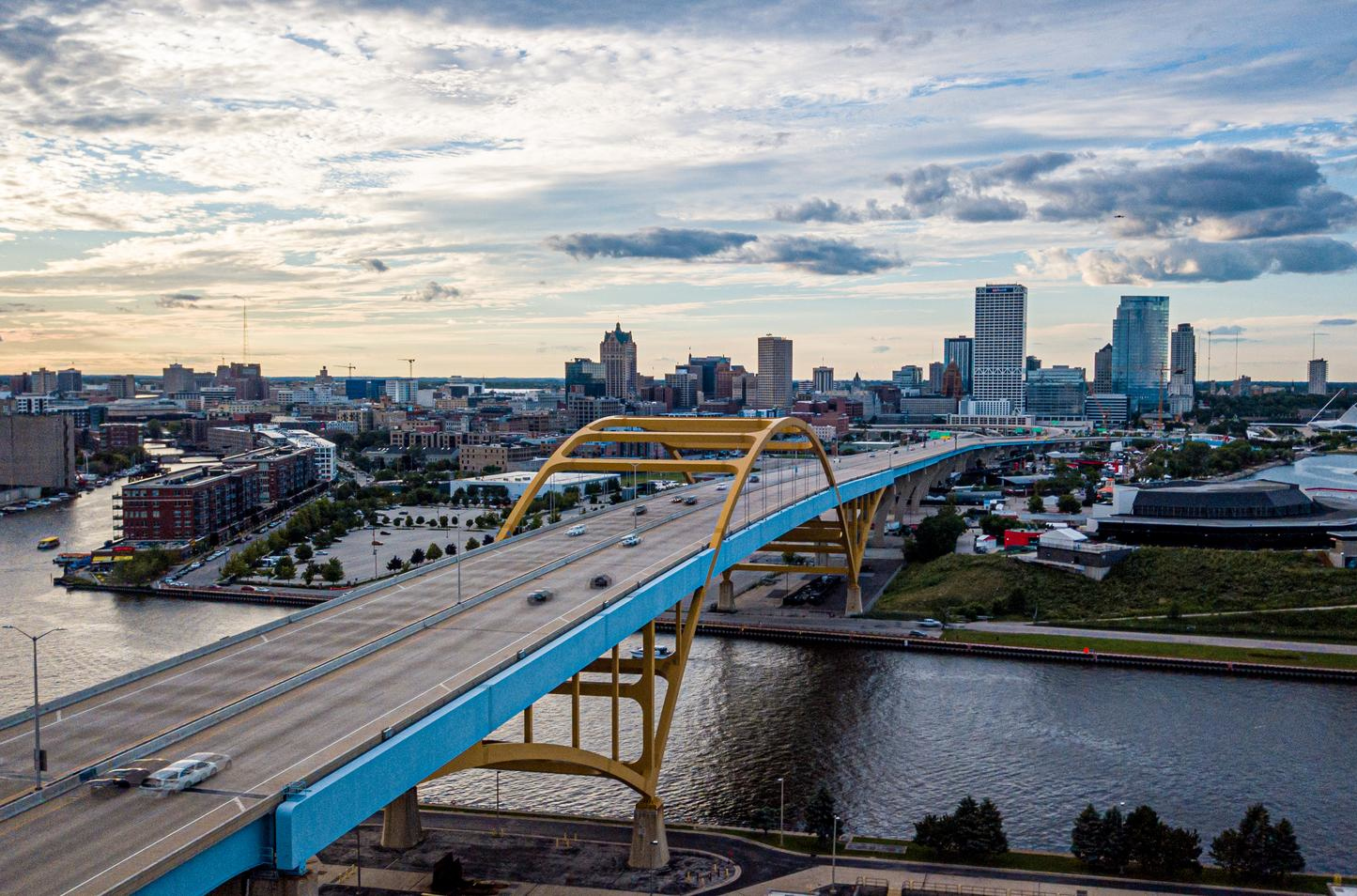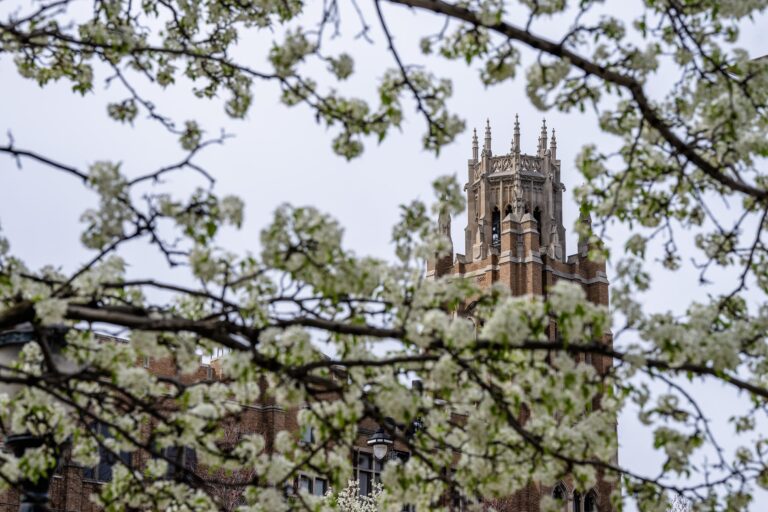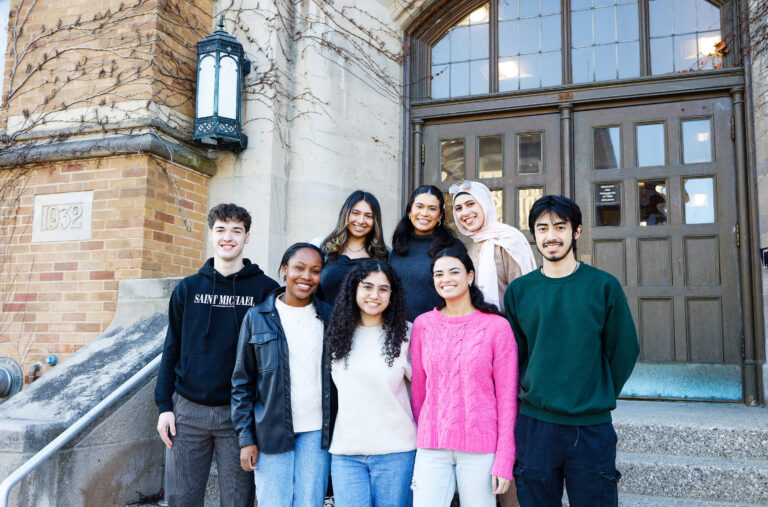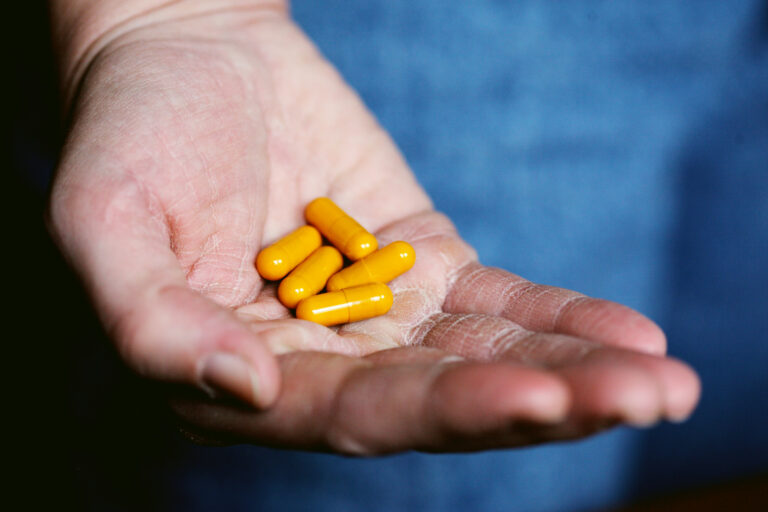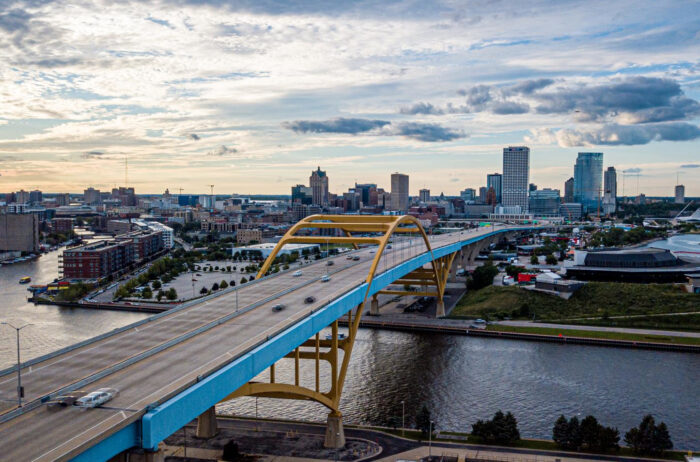
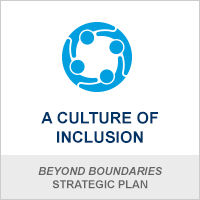 Self-guided Indigenous Milwaukee Walk & Bike Tours, a collaboration between Historic Milwaukee, Inc. and Marquette University’s Indigeneity Lab, are now available for download via the free Historic Milwaukee Inc. app.
Self-guided Indigenous Milwaukee Walk & Bike Tours, a collaboration between Historic Milwaukee, Inc. and Marquette University’s Indigeneity Lab, are now available for download via the free Historic Milwaukee Inc. app.
The tours are an extension of a project led by Dr. Bryan Rindfleisch, associate professor of history in the Klingler College of Arts and Sciences, which resulted in an interactive map identifying the Indigenous roots over 100 landmarks throughout Milwaukee.
The tours aim to not only spotlight Indigenous presence in the city of Milwaukee, but also to showcase the rich diversity of Indigenous cultures and communities that call Milwaukee home and have for millennia.
The tour is narrated by Jacqueline Schram, director of public affairs and special assistant for Native American Affairs; Dr. Mark Powless, general manager of the Oneida Nation, a Marquette alumnus and a member of Marquette’s Council on Native American Affairs; Clare Camblin and Marshall Kopacki, current Marquette students in the Indigeneity Lab; Kitty Hill, a member of Marquette’s Council on Native American Affairs; and Rindfleisch.
The tour includes landmarks on Marquette’s campus. A campus launch will take place on Indigenous People’s Day, Monday, Oct. 10.
The Marquette Indigeneity Lab supports the experiential learning of Marquette’s Indigenous undergraduate students through high-impact, faculty-mentored interdisciplinary undergraduate research. In addition to promoting respectful partnership and outreach with Wisconsin’s Indigenous communities, the program activates research topics that have significant implications for increased awareness and understanding of Indigenous history and culture in Milwaukee.
This project was funded in part by a grant from Wisconsin Humanities, with funds from the National Endowment for the Humanities. Wisconsin Humanities strengthens our democracy through educational and cultural programs that build connections and understanding among people of all backgrounds and beliefs throughout the state.
